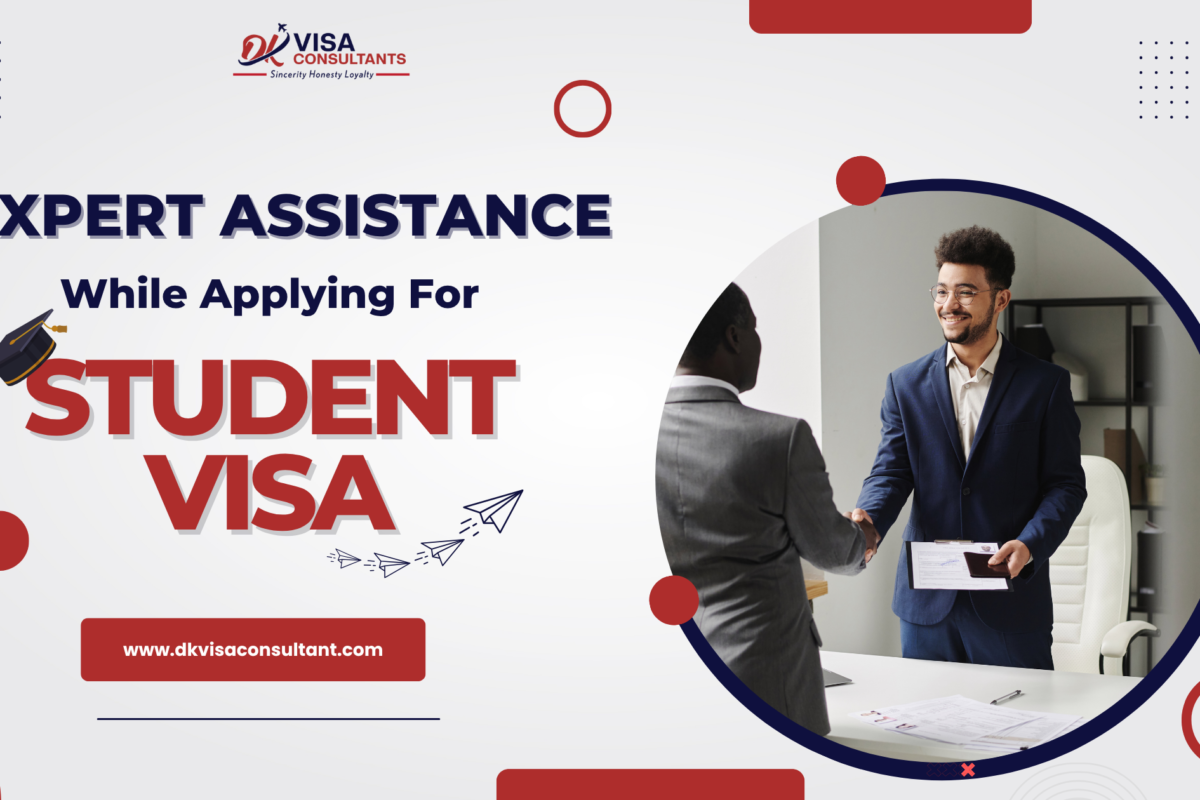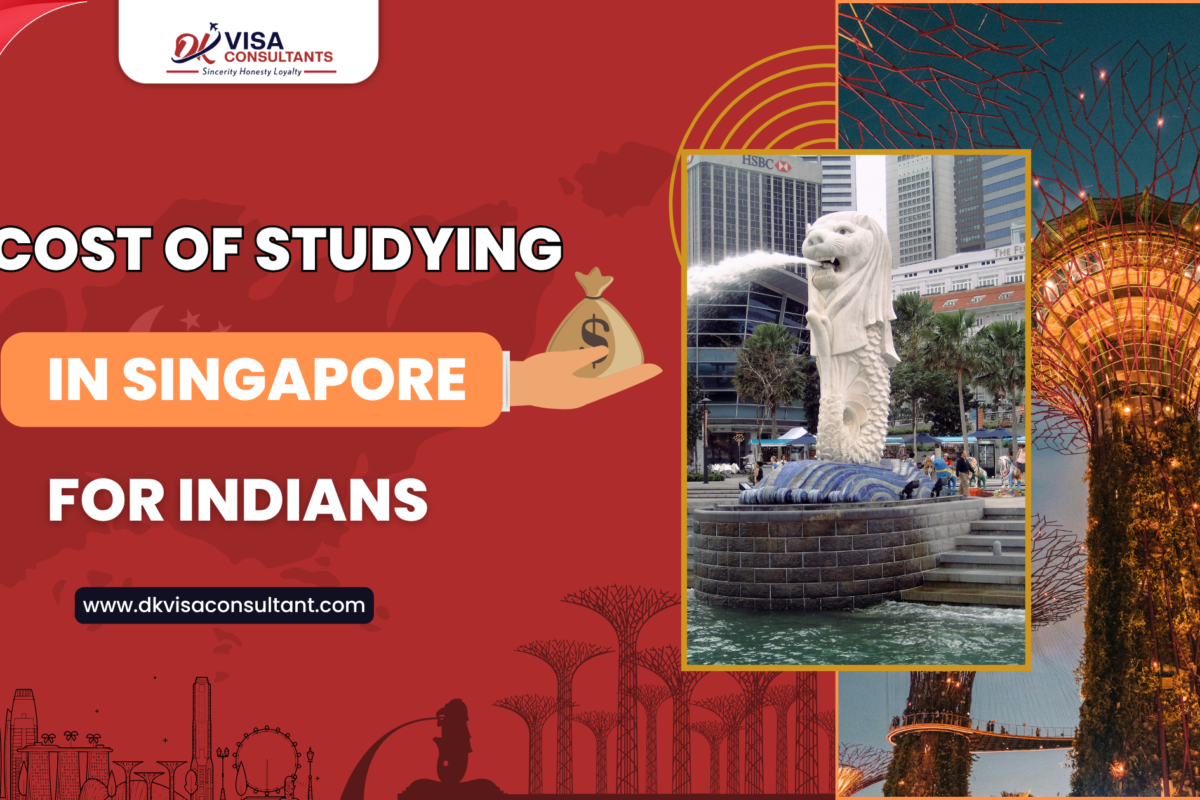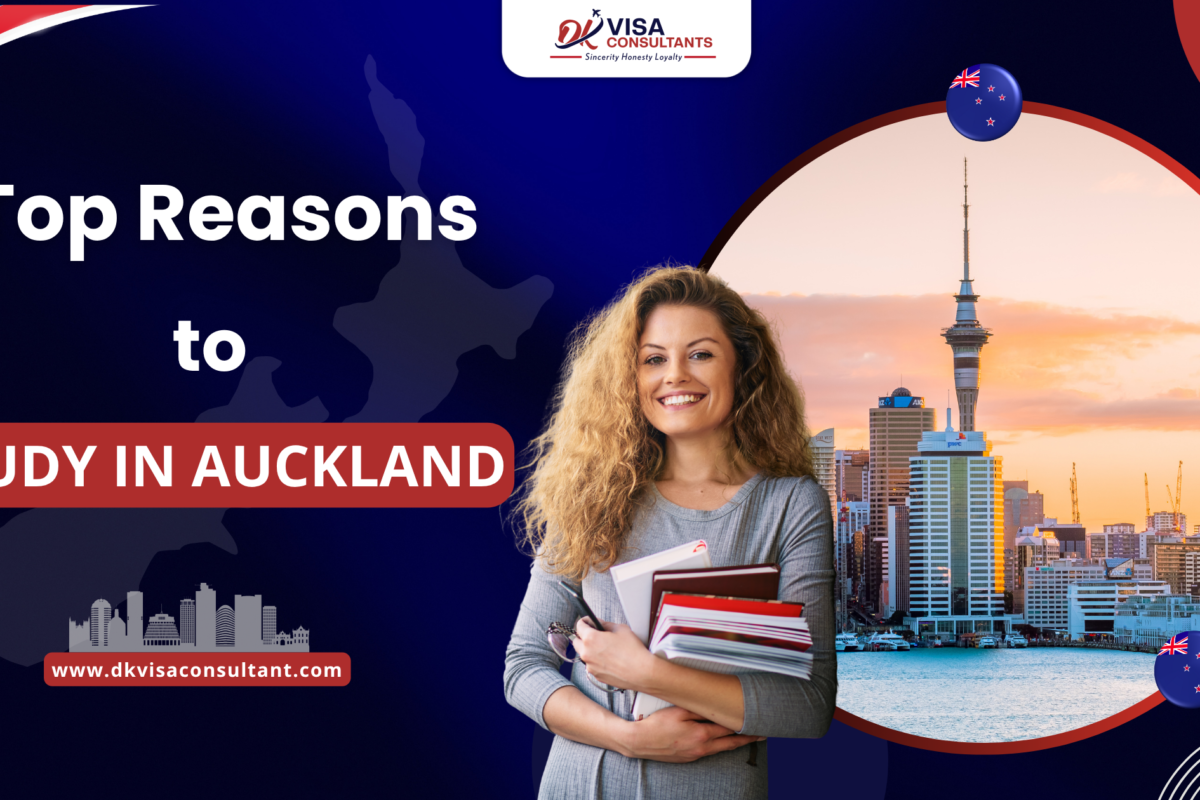Canada’s immigration landscape continues to evolve, and clarity on which PR (permanent residence) applications to prioritize in 2025 becomes essential for prospective migrants. The PR applications plans to process in 2025—sets the tone for insight into IRCC’s roadmap, processing quotas, and strategic shifts. For an aspirant seeking Canada PR, staying updated with such announcements provides direction in planning, timing, and application strategies.
DK Visa Consultant aims to help navigate these developments with clarity, guiding candidates toward informed steps in their immigration journey.
Understanding What Has IRCC Revealed?
In October 2025, IRCC (Immigration, Refugees and Citizenship Canada) disclosed which permanent residence streams will see their full application inventories processed this year and which ones will receive partial clearance.
Key highlights:
- Full processing of inventory in 2025 will cover:
- Express Entry streams — including Canadian Experience Class (CEC), Federal Skilled Worker Program (FSWP), and Federal Skilled Trades Program (FSTP)
- Express Entry–aligned Provincial Nominee Programs (PNP) streams
- IRCC’s community pilot programs
- Quebec skilled worker pathways, including Quebec Experience Class (PEQ) and Quebec Skilled Worker (PSTQ)
- Partial processing for other economic PR pathways:
- Base PNPs (non–Express Entry–aligned) at ~35% of their inventories
- Atlantic Immigration Program (AIP) ~33%
- Caregiver pilots ~14%, Economic Mobility Pathways Pilot (EMPP) ~12%, Agrifood Pilot ~5%
- Quebec Business: ~3%
- Start-up Visa: ~2%
- IRCC aims to fully clear community pilot pathways’ inventories in 2025.
These choices reflect strategic priorities, resource allocation, and policy intent. Understanding them helps applicants align with more responsive pathways.
Why This Matters for PR Aspirants
1. Timeliness & Pathway Selection
Knowing which streams IRCC intends to clear fully means candidates can preferentially target those pathways for faster processing. For instance, applications under Express Entry, Express Entry–aligned PNP, or community pilots are more likely to avoid backlog delays.
2. Managing Expectations for Slower Streams
Applicants eyeing base PNPs, Startup Visa, or business immigration should anticipate longer waiting times and partial processing. That knowledge helps in planning alternatives or fallback options.
3. Adjusting Strategy & Contingency Planning
If a preferred stream shows limited processing, candidates may diversify their options (for example, pair PNP applications with Express Entry–aligned ones or consider community pilot routes). Awareness of IRCC’s priorities enables more informed strategic bets.
4. Transparency & Confidence in Processing
When IRCC communicates which inventories they aim to clear, it offers greater transparency in immigration policy. Applicants can more confidently interpret application timelines, possible delays, or where to channel efforts.
IRCC Processing Plans by Category
Express Entry & Aligned PNP Streams
- Express Entry (CEC / FSWP / FSTP)
IRCC plans to fully process all existing inventories in 2025. For example, as of September, ~19,300 CEC applications and ~12,500 FSWP applications are in the queue, and IRCC intends to clear those entirely.
Reported wait times currently hover between 5–7 months for most of those streams
- Express Entry–aligned PNP streams
Similarly, these streams will see full inventory clearance.
This alignment allows PNP candidates to benefit from the efficiency of Express Entry processing systems.
- Base PNP Streams (Non–Express Entry)
These are not aligned with Express Entry and typically follow their own queue. In 2025, IRCC expects to process about 35% of their inventory.
Given that these streams often face longer backlogs — with wait times previously reaching over a year — partial clearance means many applications will still carry over to subsequent years.
- Atlantic Immigration Program (AIP)
IRCC plans to process around 33% of AIP’s inventory in 2025. AIP has seen surges in applications in past years; partial processing suggests continued high demand and potential waitlists.
Federal Economic Pilots & Special Programs
- Caregiver Pilots: ~14% of inventory to be processed.
- Economic Mobility Pathways Pilot (EMPP): ~12%.
- Agrifood Pilot: ~5%.
- Start-up Visa: ~2%.
These projections underscore that some niche or emerging pathways will remain heavily backlogged.
Quebec Programs
- Quebec Experience Class (PEQ) and Quebec Skilled Worker (PSTQ): full inventory clearance in 2025.
- Quebec Business / Entrepreneur / Investor pathways: only ~3% processed.
Quebec’s business classes, often popular with investors, will face significant delays due to limited processing capacity.
Community Pilots
These are set to be fully cleared in 2025.
Community pilot pathways involve rural immigration streams, Francophone community programs, and rural & northern immigration pilots. Clearing these helps support regional development goals.
Strategic Recommendations for PR Applicants
- Target More Responsive Streams
Priority should lean toward Express Entry, Express Entry–aligned PNP, community pilots, and Quebec skilled worker pathways—given their full inventory clearance plans.
- Build a Portfolio of Options
Rather than relying on a single pathway, applicants may submit parallel applications (where permissible) or backup plans, especially if the primary route lies in slower streams.
- Monitor Policy Shifts & Announcements
IRCC updates or mid-year adjustments could change priorities. Staying informed ensures adaptations to strategy as needed.
- Maintain Strong, Complete Profiles
Even when targeting faster streams, profiles need to remain competitive: robust CRS (Comprehensive Ranking System) scores, strong documentation, work experience, education credentials, language test results, and absence of gaps are all critical.
- Seek Professional Assistance
Given the complexity and constantly shifting priorities, working with immigration consultants such as DK Visa Consultant helps map pathways, interpret policy changes, and steer applications toward more favourable processing windows.
Conclusion
IRCC’s 2025 roadmap signals clear priorities: full clearance for Express Entry, aligned PNP, community pilots, and Quebec’s skilled worker classes; partial processing for base PNPs, business immigration, and pilot streams; heavy delays for niche pathways.
For PR aspirants, this means strategic targeting, backup planning, and staying responsive to policy shifts. With assistance from DK Visa Consultant, navigating these complexities becomes more manageable—towards timely, informed, and hopeful outcomes.
FAQ
Q1. Why is IRCC fully processing some PR streams and only partially others?
Ans: Resource constraints, policy priorities, and demand pressure influence selective processing. Streams aligning with federal goals or high demand may get faster clearances.
Q2. Will partial processing mean eventual processing or rejection?
Ans: Partial processing doesn’t imply rejection. It means only a portion will be addressed this year; remaining applications often carry over to subsequent years.
Q3. Can applicants switch pathways mid-process?
Ans: Switching depends on program rules and eligibility. Some may pivot to aligned PNPs or Express Entry if meeting criteria. Expert guidance is crucial before switching.
Q4. Does this change affect older or pending applications?
Ans: Yes—pending applications will be prioritized or deferred according to IRCC’s processing guidelines for each stream.
Q5. How to pick which PR stream to apply under?
Ans: Consider eligibility, processing speed, backlog status, and personal profile. Target faster pathways (Express Entry, community pilots) while keeping alternatives open.





